Welcome to E is for Ethiopia for the Global Children’s Book Club! Today we’ll be going on a virtual tour of Ethiopia for kids. Get ready for a fun and inspiring Ethiopia virtual field trip – perfect for global education at home or for an Ethiopia homeschooling unit.
You can find the full list of countries for the book club right HERE. Be sure to sign up for the email list to get all the information in advance and to receive fun extras!
Get your FREE Alphabet Printable Passport here!
Here’s the 2020 Global Children’s Book Club discussion schedule!
This Ethiopia virtual tour contains affiliate links, but all opinions are 100% my own. That means I earn a small commission if you purchase through my link, but doesn’t change your price.
E is for Ethiopia: Ethiopia For Kids Virtual Tour
Featured Ethiopia Book
Fire on the Mountain by Jane Kurtz (Author), E.B. Lewis (Illustrator)
Trouble by Jane Kurtz (Author), Durga Bernhard (Illustrator)
Author Read Aloud
Jane has kindly offered to read aloud another of her (shorter) books, Trouble! She’s also included a wonderful chat on her life growing up in Ethiopia.

Read by permission from Open Hearts Big Dreams https://openheartsbigdreams.or
Trouble Picture Book Discussion Questions
- What were some of the foods that showed up in the book? Have you tried any of them before?
- Have you ever felt like you wanted to do the right thing, but circumstances prevented you from doing so?
- What game was he playing? Have you played a game like that before?

Other Ethiopia Books for Kids
Ethiopia Facts
- The capital of Ethiopia is Addis Ababa.
- The official name is Ityop’iya, or the Federal Democratic Republic of Ethiopia.
- Abiy Ahmed is the Prime Minister of Ethiopia.
- Ethiopia is located on the Horn of Africa, on the eastern side of the continent.
- Ethiopia borders 6 countries – Eritrea, Djibouti, Somalia, Kenya, Sudan, and South Sudan.
- Amharic is the official working language of Ethiopia. The largest first language is Oromo. English is also commonly taught.
- The currency in Ethiopia is the Ethiopian birr. About 34 birr = 1 USD.
- Ethiopia is in the tropical zone but it has 3 different climates based on elevation. The desert region is very hot and gets less rainfall. The higher elevation areas are much cooler. Heavy rains tend to fall in summer while winter tends to be fairly dry.
- The majority of Ethiopians are Christian (about 60% – a mix between Ethiopian Orthodox and Protestant). About 35% of Ethiopians are Muslim.
- The primary industries are agriculture and fishing. Coffee is a major export.
- Most Ethiopians live in rural areas.
- Ethiopia has a very young population, with about 2/5 under the age of 15. The birth rate is quite high (over 4 births per woman) and the life expectancy is about 50 years old.
- Only about 65% of Ethiopian primary school children attend. About 55% of youth and 39% of adults are literate.
- Ethiopia started as the Kingsom of Axum in the 2nd century.
Color in Ethiopia on this map of Africa!

Ethiopia for Kids: Flag Activity
Flag from HERE
HERE is a fun printable Ethiopian flag coloring sheet!
Ethiopia Virtual Tour to a Featured Landmark
Rock-Hewn Churches of Lalibela
Lalibela is a town in northern Ethiopia. There are 11 rock-cut churches that were pilgrimage sites for Coptic Christians in the 12th and 13th centuries. Some even have colored frescoes and bas-reliefs inside! Ethiopian Christians still use the churches today. The Lalibela churches are named after a king who had them built to recreate Jerusalem in his own kingdom. The stone churches are connected by tunnels.

Blue Nile Falls
The Blue Nile Falls are a group of waterfalls on the Blue Nile River in Ethiopia. They get much smaller in the dry season and fuller and wider in the rainy season. It’s called “Tis Abay” in Amharic, which means “great smoke.” The mist can reach up to half a mile!

Featured Ethiopian Artist: Mahmoud Ahmed
Mahmoud Ahmed was a famous Ethiopian singer in the 1970s and 1980s. One day when he was working at a club, the band’s singer didn’t show up. So Mahmoud asked if he could sing a few songs, then eventually became an official part of the band. He continued to play with other bands and release solo cassettes. He became internationally known and won a BBC World Music Award.

Featured Important Ethiopian Person: Liya Kebede
Liya Kebede is an Ethiopian model. She is very involved in maternal health and has been the World Health Organization’s Ambassador for Maternal, Newborn, and Child Health since 2005. Kebede also has a foundation to help reduce maternal, newborn, and child mortality in Ethiopia. She is also a clothing designer and an actress. She was born and raised in Addis Ababa.
Featured Ethiopian Food: Ethiopian Recipes for Kids
Ethiopian foods often have meat and vegetables in spicy sauces. They area usually eaten with a spongy sourdough flatbread called injera. Ethiopians usually use injera as a plate (they put the sauces and proteins on top) as well as for a utensil (they scoop up the other things with the injera).
Coffee is also very important in Ethiopian culture. Different regions have elaborate coffee ceremonies. It shows friendship and respect if you are invited to a coffee ceremony! Ethiopians tend to enjoy eating a small snack, such as popcorn, with their coffee, which they drink with sugar but no milk.
- One easy and very popular Ethiopian snack is dabo kolo. It’s a crunchy and spicy snack that’s a bit like popcorn. Here’s a simple dabo kolo recipe! (photo below!)
- A chicken stew called doro wat is a vey popular dish in Ethiopia. Here’s a recipe if you want to try making it at home!
- If you want something a bit simpler, you can try kinche, an Ethiopian breakfast porridge. It just uses bulgur, water, oil/butter, and salt!
Ethiopian Craft & Culture Activity for Kids
A mesob is a woven Ethiopian basket. It is often used for serving food and they are typically very bright and colorful. Injera is often placed on it to eat. You can learn more about a mesob here. Here’s a video to see some Ethiopian women weaving baskets:

You can weave your own basket at home! Here’s what you need:
- Choose 2 different colors of paper. Cut each into strips about 1/2″ – 1″ wide.
- Weave them together.
- Cut all 4 corners about 2″ toward the center.
- Tape the corners up and overlapping to make the corners of the basket.
This video shows the process of weaving a basket!
Ethiopian Music

Other Ethiopia for Kids Facts & Activities
Ethiopian Dance

Animals in Ethiopia

Ethiopia Conversations with a Local: Culture, History, & Food Discussion Video

Ethiopia for Kids Discussion Questions
- If you wanted to recreate a religious site close to you, how would you do it? Out of stone? Mud? Or a model replica?
- Think about pros and cons of eating with your hands and scooping your food versus using utensils.
- Why do you think many Ethiopian children don’t attend school?
- What would you do to increase literacy rates?
- Which Ethiopian animal would you most like to encounter?
Thanks for Taking a Virtual Visit to Ethiopia With Us!
We’ve loved putting together this resource to virtually visit Ethiopia. We’d love to hear if you do any of these activities for a homeschooling Ethiopia unit, or if you visit in person!
We hope to inspire curiosity and connection through exploring and learning, and we hope this guide helps you and your families. Please share any activities you do with us over on our Instagram. And we’d be delighted if you passed this Ethiopia for kids virtual tour and homeschooling resource along to others, as well!
MORE POSTS
IF YOU LIKED THIS POST ABOUT ETHIOPIA FOR KIDS, YOU MIGHT LIKE THESE POSTS TOO:
- 15+ Travel Activities for Kids to Explore from Home
- Virtual Tour of India with Kids
- Our Favorite Kids Books About the World
NOT READY FOR A ETHIOPIA HOMESCHOOLING UNIT QUITE YET? PIN THIS POST FOR LATER!
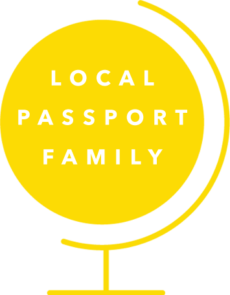
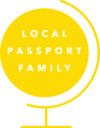




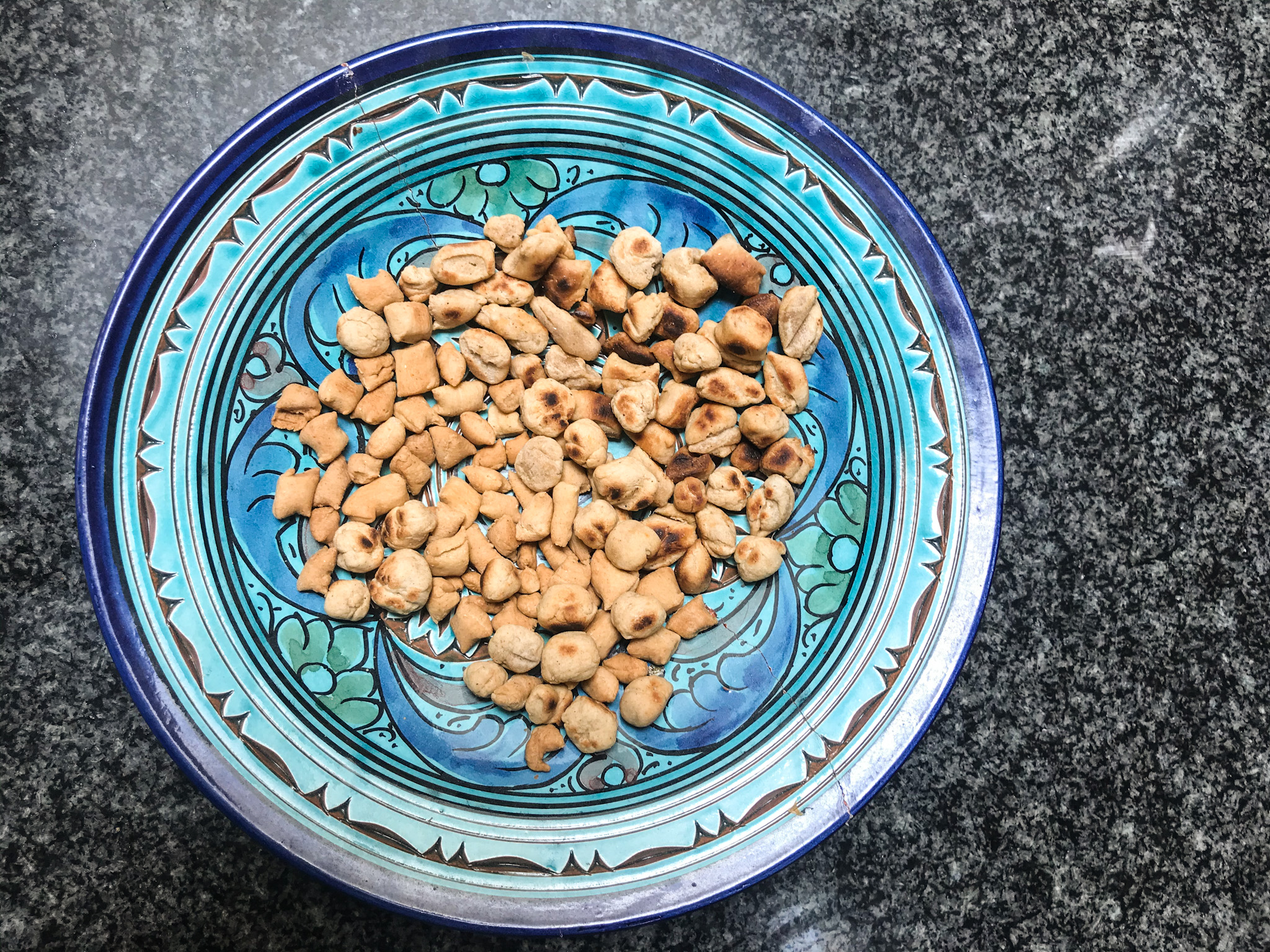
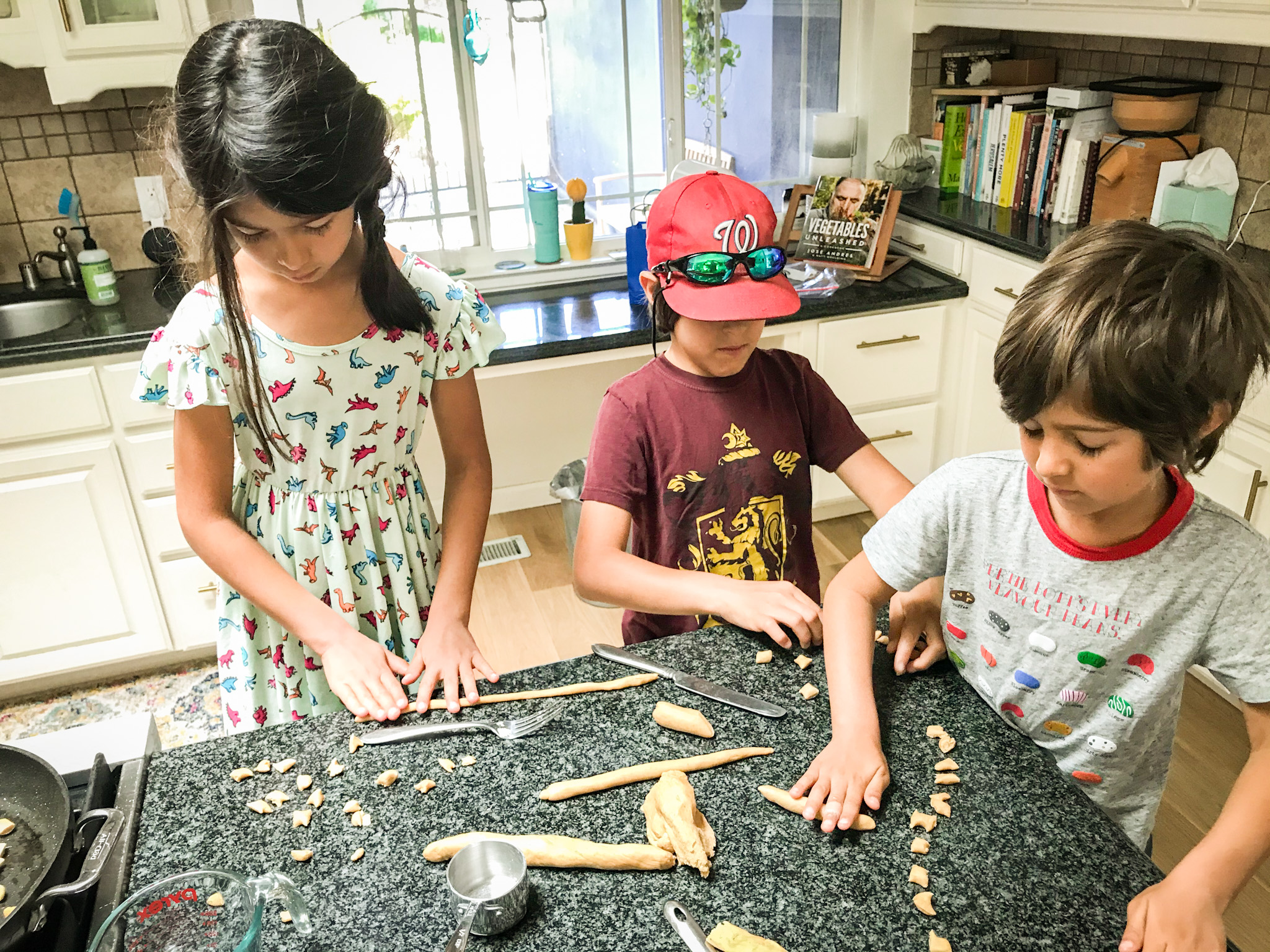
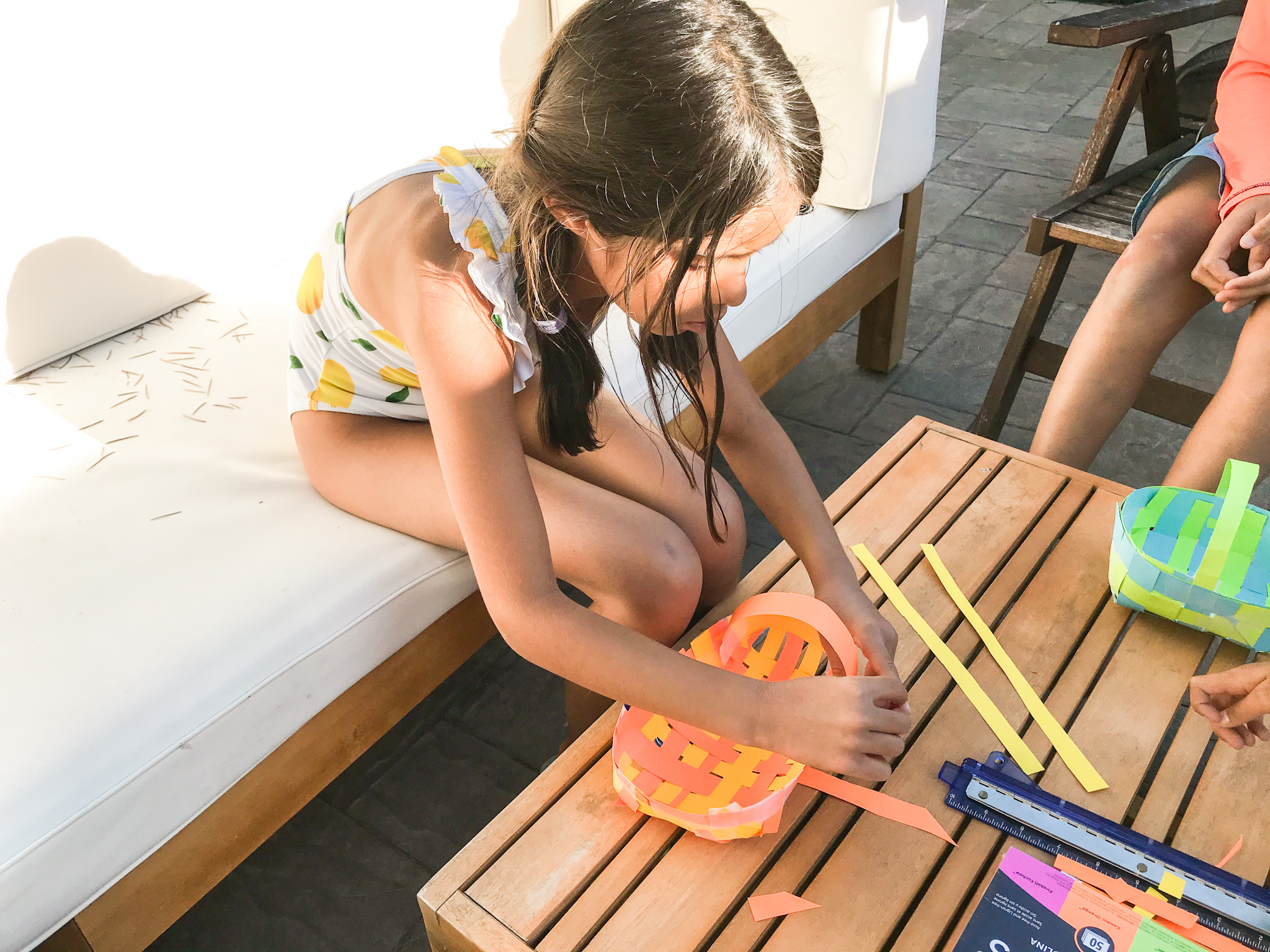
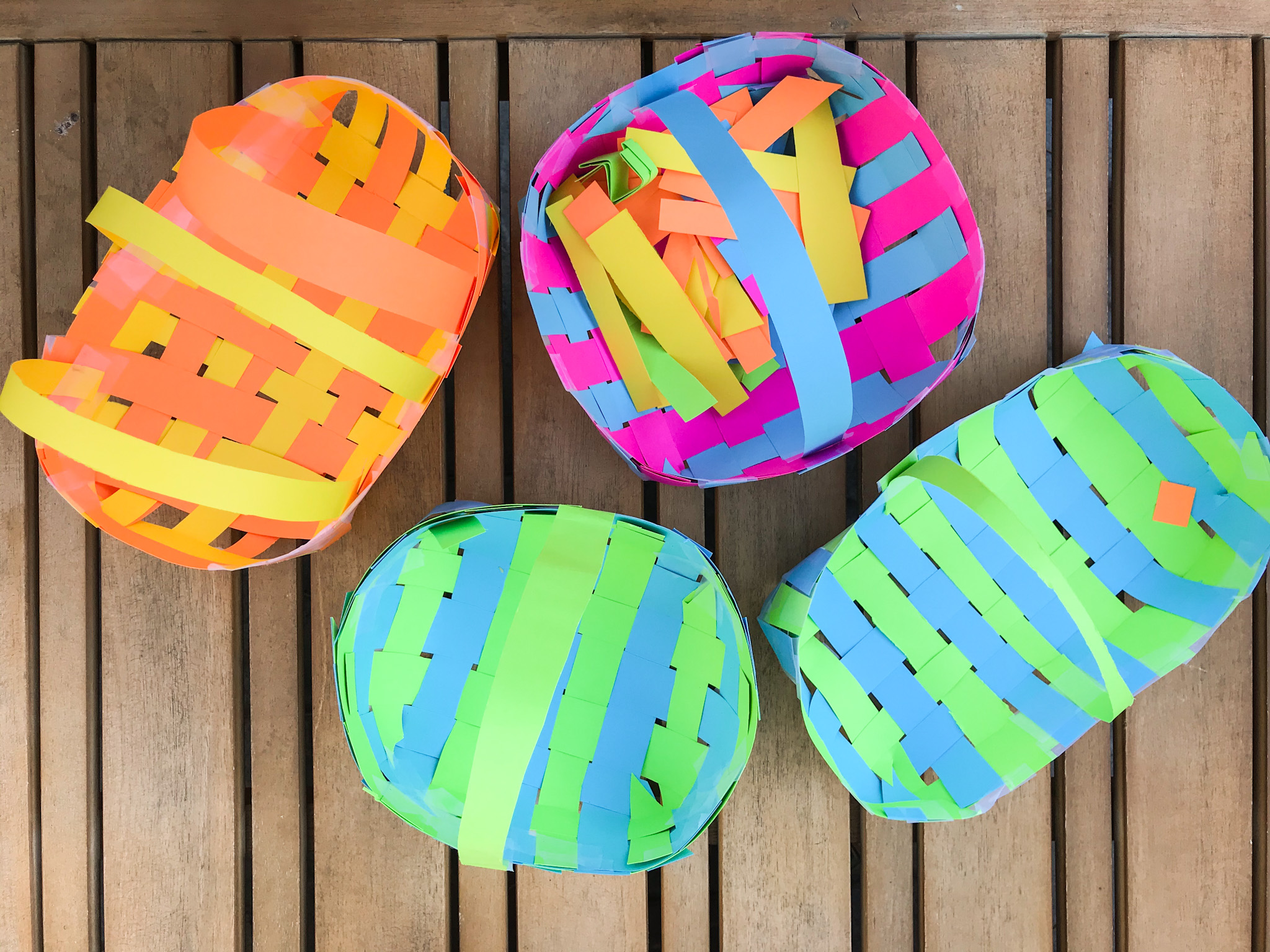
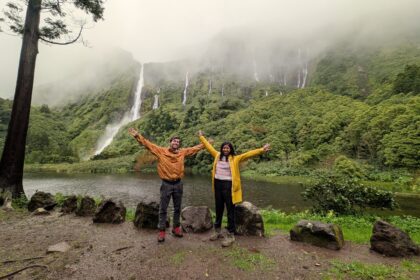
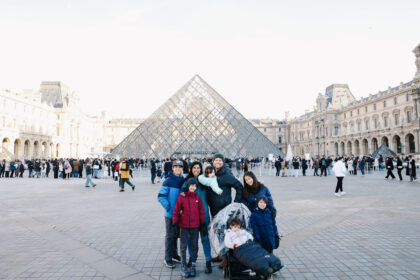
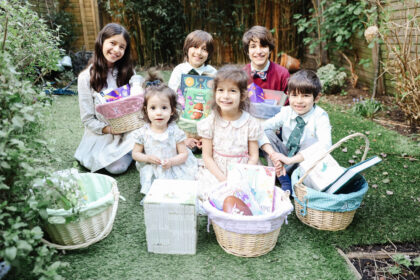
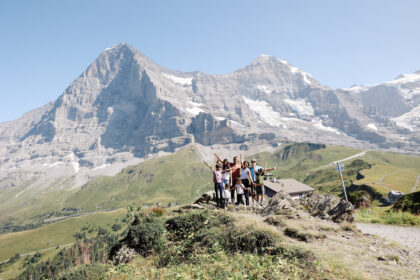
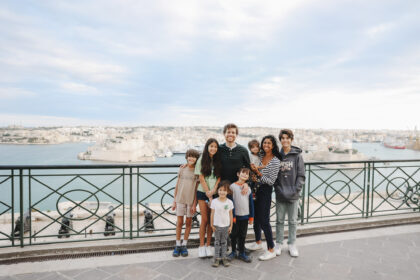


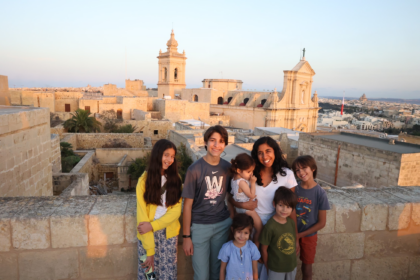

[…] December 14th: Nigeria December 15th: Morocco December 16th: Kenya December 17th: Zimbabwe December 18th: Ethiopia […]
[…] Ethiopia: https://www.localpassportfamily.com/2020/06/e-is-for-ethiopia-ethiopia-for-kids-virtual-tour.html […]
[…] made this simple Ethiopian snack when learning about Ethiopia, and my kids have talked about it ever since. It’s simple to make, perfect for kids to help, […]
[…] E is for Ethiopia […]
[…] by watching author Jane Kurtz read her book about Ethiopia called Trouble and discuss it with your […]